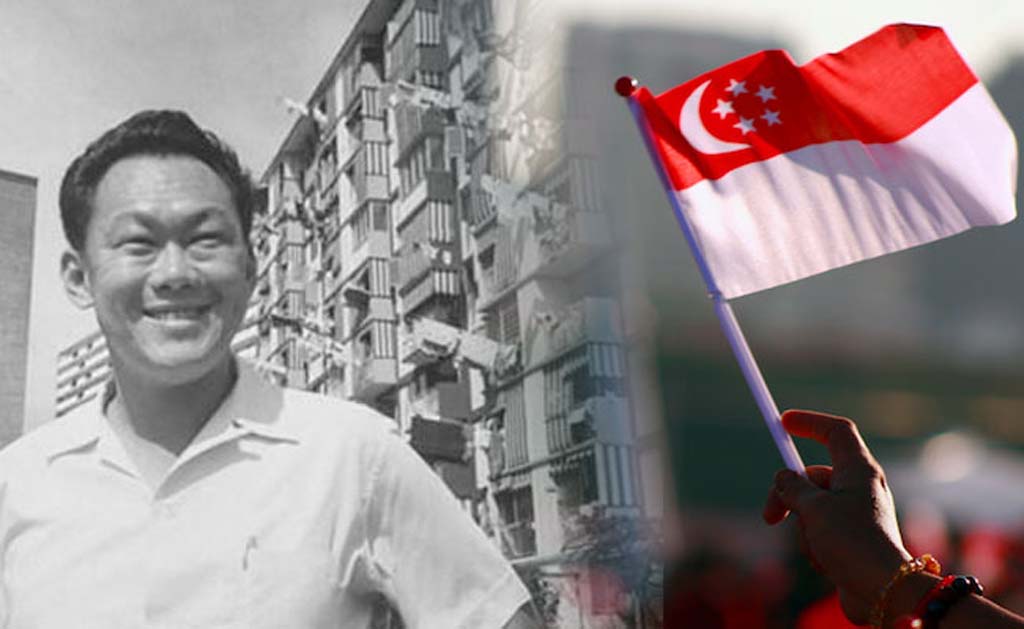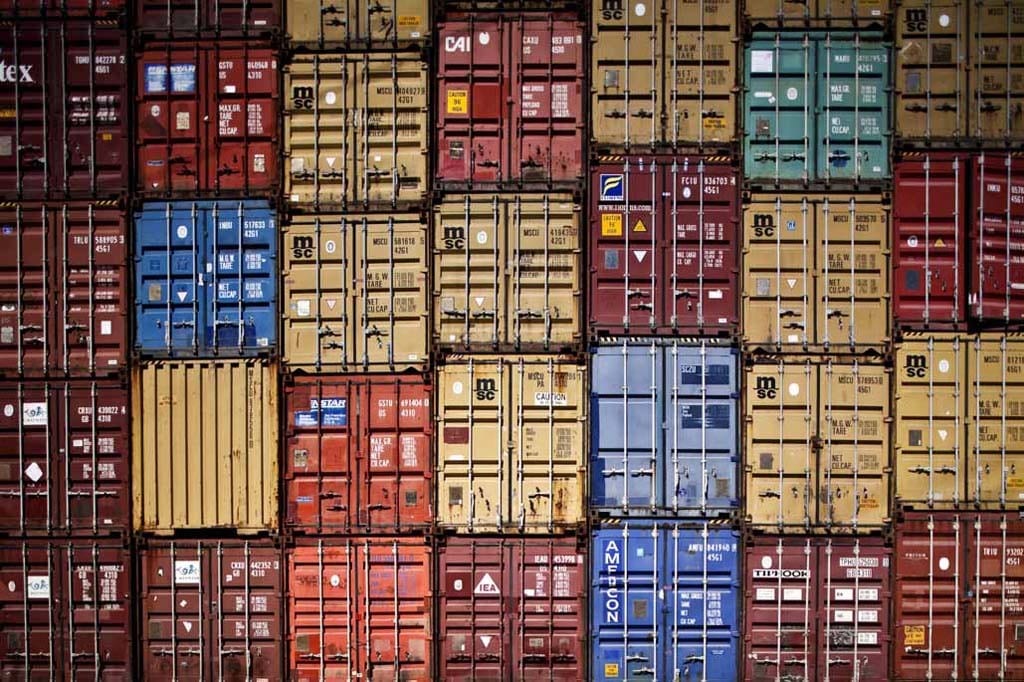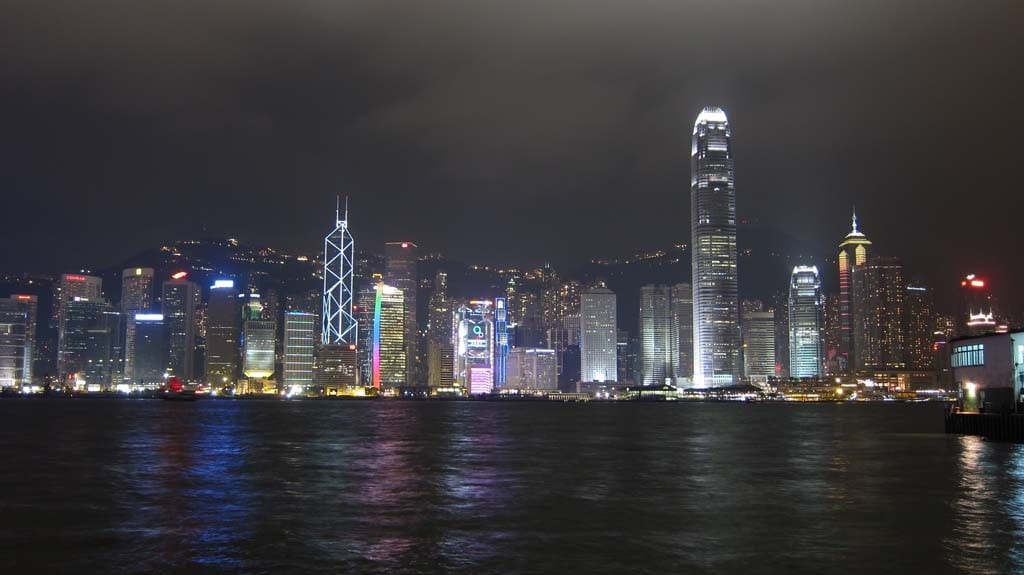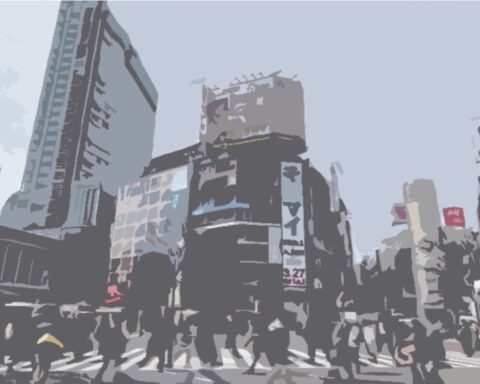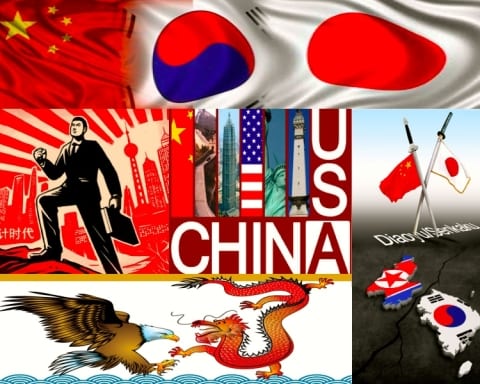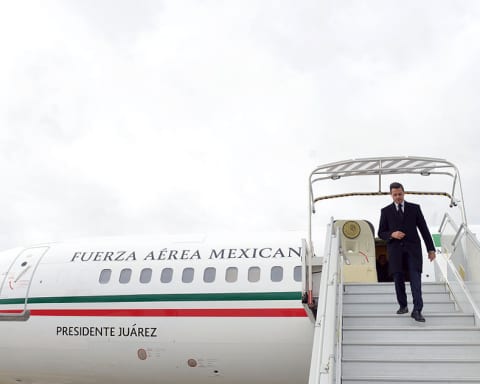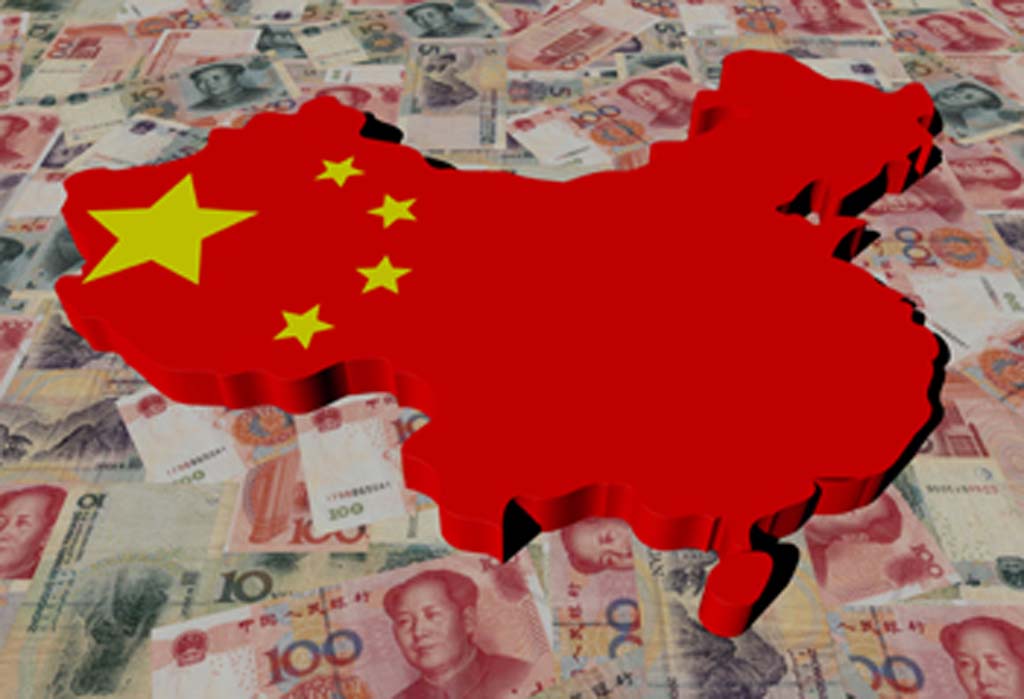As has been widely reported in global media, the former prime minister of Singapore Lee Kuan Yew has passed away at the age of 91. Immediately following his passing, coverage of the conflicting nature of Singapore’s political system and the man responsible for it has proliferated. One of the most widely read is The Economist‘s piece which succinctly summarizes the phenomenal economic success that has come to represent Singapore. Lee remarkably was able to turn a tiny nation that had went through British and Japanese occupation in addition to being unceremoniously booted from its larger neighbor Malaysia, without fresh water or natural resources, into a global success story that has inspired many as a political and economic model. At the same time, Lee is also known for his decades-long (31 years as PM and 21 years as an advisor) authoritarian rule in Singapore. In addition to the famous tough definition and punishment of crimes, Lee also used defamation suits against those in the media and the opposition who opposed his rule. One recent point of criticism has been the way in which his family members have benefitted from their father’s position. His eldest son, Lee Hsien Loong, can be considered the most prominent, having risen through the ranks of the military extremely quickly and serves as the current prime minister. Policies championed by Lee, such as encouraging massive flows of immigration into Singapore and the styling of Singapore as an international business hub have recently come under fire as a new the generation of Singaporeans struggle to compete.
To his credit, Lee was anything but transparent in acknowledging how he ruled. In interviews around the world, Lee carefully, and if Michael McFaul is to be believed, convincingly laid out his motivations for his actions without the doublespeak of other leaders to which the “authoritarian” label has been applied. How do we label a leader like Lee? His beliefs and actions are widely available for all to consider and reflect on, as many will do in the coming weeks. To contribute to the discussion on his as of yet agreed upon legacy, it is worth considering Lee in comparison with perhaps the most renowned “benevolent dictator” of all, Mustafa Kemal Ataturk. In addition to often being used as the exemplar of “benevolent dictator”, Ataturk is useful for comparison with Lee due to his instrumental role in forming his country, reforming its society, and for some of his views that echoes Lee’s “Asian values” beliefs.
Mustafa Kemal Ataturk of Turkey became President of Turkey in 1923, following a prestigious military career for which he is credited, to contributing to the driving of Greek, Italian, French, and finally British forces out of what remained of the Ottoman Empire. A military man through and through, he refused to press on and reclaim former Ottoman land and instead chose to defend the “Turkish” homeland. Ataturk brought about radical changes to Turkish society, starting with abolishing the Caliphate in 1924 and expelling the members of the dynasty. He also forced through societal reforms such as adopting of Western attire, the discouragement of veils and headscarves for women, and replaced the Arabic alphabet with a Latin-based script. Islam was removed as the state’s official religion and a Western criminal code was adopted. Ataturk took over a newly formed country that had lost nearly 900,000 men to World War I and the following Turkish Independence War and was an agrarian “medieval” economy. Pursuing a policy of import subsidization and state ownership, Ataturk brought about a modest, but important, growth in non-textile economic sectors.
Ataturk and Lee took leadership of two countries in poor standing, neither one having actually been a country prior to their time. Both sought to better their country through radical social changes and both dealt with any opposition they imposed through clearly undemocratic means. Unsurprisingly, both strongly felt the righteousness of their cause and felt a justification for their actions as being for the greater good of their country. The largest different between the two was their approach to the economic condition of their country. Whereas Lee put this at the forefront and intrinsically tied economic development with the development of Singapore, Ataturk emphasized the cultural reforms as being the fundamental challenge to be faced in improving conditions within Turkey. Both believed that until these challenges had been overcome and their country was lifted out of the condition they had inherited it in, authoritarian rule was both necessary and just.
What is to be made of leaders such as Lee and Ataturk? Or when considering others who have been described similarly as benevolent dictators such as Tito of Yugoslavia or Park Chung Hee of South Korea? Is the outward success of their legacy to their respective countries capable of being lauded without simultaneously condoning their anti-democratic rule? The truth is that it cannot and it should not as to do so would be an insult to democracy. The argument that democracy is the ultimate qualification to ascribe to as a country, and that the application of it is the utmost priority, comes off as authoritarian in practice. Democracy is not and will never be the final answer to the human condition, something to be adopted followed by a round of applause and pats on the back. Democracy is a fragile yet robust system, functioning on the precarious balance of deliberation, transparency and inefficiency, groupthink. One does not need to look deep into the Third Wave of democracies to see the horrors that can occur when this balance is not maintained. Democracy is the battle ground that hopefully leads to the greater realization of citizens as free human beings through a better society, but not the goal for free human beings themselves.
Consequently, it follows that a better society that provides its citizens with a way to realize themselves can have authoritarian traits so long as it provides for this. What made Lee, and this may apply to other benevolent authoritarian leaders, unique is that he held strong convictions in wanting to provide the best environment as he saw fit for Singapore’s citizens to realize themselves, regardless of how it came to be. In countries born in such fragile conditions, attention to the presence of authoritarian traits should be tempered by attention to the strong convictions, responsibility, and subsequent actions of the leaders. It is a hard balance to identify and history has shown it is an even harder balance to maintain. Not to do so is to put democracy as an ideal over an ideal of the inherent importance of human realization. For Lee, his understanding of this is what will likely become his lasting legacy.
